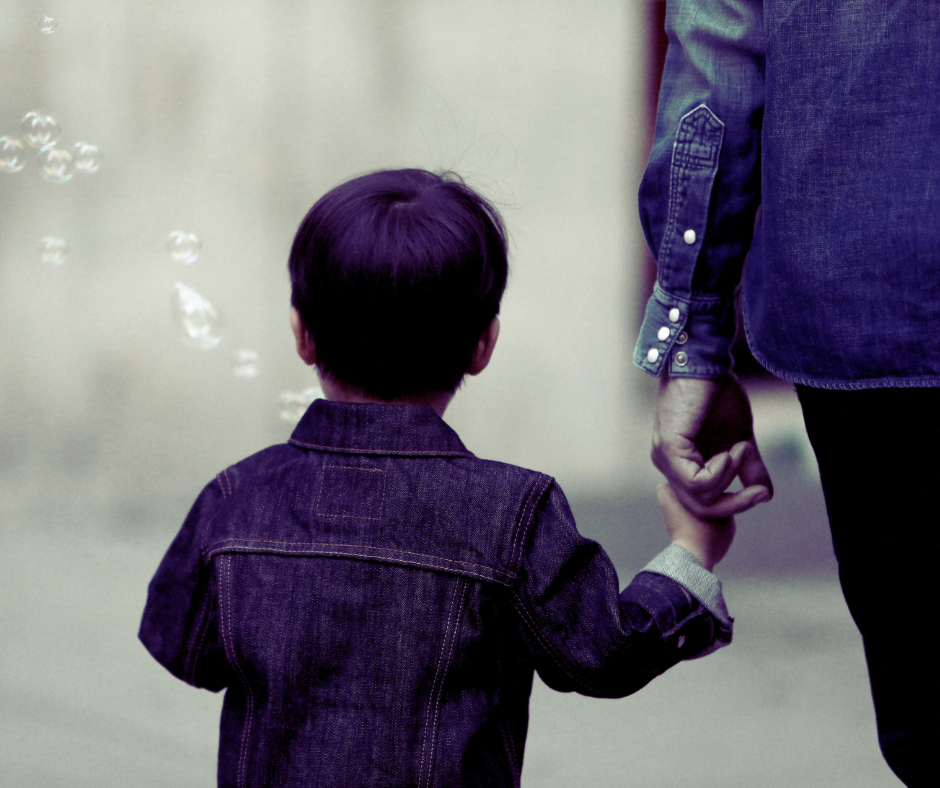Parenting With Generational Trauma

When we first become parents, we all go through a whirlwind of fantasies and plans for the future. We talk to our partners about our values, figure out what kind of parents we want to be, set out the traditions we want to start with our kids… it’s all fairy tales and dreams. But generational trauma can ruin all that.
If you had a traumatic childhood, and especially if you still have a difficult relationship with one or both of your parents, generational trauma can cast a dark cloud over all that planning and dreaming. It can be all too easy to slip into a dark place of fear – that your parents’ negative assessment of you was correct, that you’ll repeat their mistakes with your own kids, or even that you aren’t cut out to be a parent at all.
What is generational trauma?
Generational trauma, also called intergenerational trauma or transgenerational trauma, is trauma that gets passed on to younger generations through parenting choices that have become patterns over time. Some examples include spanking or other physical discipline, a level of strictness that borders on (or is) abusive, and obsession with certain food-related behaviors like plate-cleaning or dieting.
If your mother was quick to anger and your childhood was marked by a lot of yelling and slamming doors, you might be concerned that your patience with your kids will also be thin. Maybe you’re not cut out to be the kind, patient, loving mother you dream of being. And the fact that your mother’s anger is likely a result of her mother’s rage is probably not much comfort.

How generational trauma works
Generational trauma is usually the result of an unhealthy coping mechanism way back down your ancestral line. An extremely challenging circumstance (like dire poverty) called for a desperate measure (like obsessing over food and limiting waste), and that measure became a family habit long after the circumstances changed.
So, for example, if your great-grandmother raised her kids under a fascist government, where putting a toe out of line could get a person arrested or killed, she might have adopted a harsh attitude toward her children – a misguided attempt to protect them by keeping them in line. Then every generation following repeats that pattern, even under a new government or in a new country, until someone (maybe you?) recognizes it and decides she doesn’t want to repeat it.
How to break the cycle
First, give yourself credit for recognizing these unhealthy patterns and dedicating yourself to doing better for your kids – that’s a big deal! Identifying these issues is always the first step to addressing them.
Next, try these tips to help you be the mother you want to be:
- Read up on different parenting styles. Sometimes, just learning how other people parent can help you separate your understanding of parenthood from your family of origin and figure out what your values are. Maybe even take a class or two, to help you practice these new techniques.
- Be intentional about discipline. Just because you don’t want to hit or shame your kids the way your parents did, that doesn’t mean you have to let them run amok – there are so many ways to approach disciplining children. Learn about as many of those methods as you can, and try to decide how you want to discipline your kids before it’s needed, because if you’re thinking on the spot you’re likely to repeat old patterns.
- Focus on repair instead of perfection. You’re going to yell or say something you don’t mean. It’s inevitable for all of us, and when you have generational trauma it’s even harder to fight. There will be times when you’re not your best self with your kids, and the way to handle that is not to torment yourself and give up but to repair – apologize to your children, genuinely and clearly, then try to do better next time.

Need some guidance in untangling your generational trauma, or dealing with any other postpartum stressor? We can help! At Prospera, our mental health coaches combine compassion and understanding with CBT tools and exercises to help our clients feel better faster and achieve their goals in less time.
If you could use a little extra emotional support (and honestly, what mom couldn’t?), why not give us a try? Book your free consultation today.
Content reviewed by Dr. Andrea Niles, Clinical Psychologist
Anne Godenham is a writer and editor with a passion for mental health awareness and accessibility


